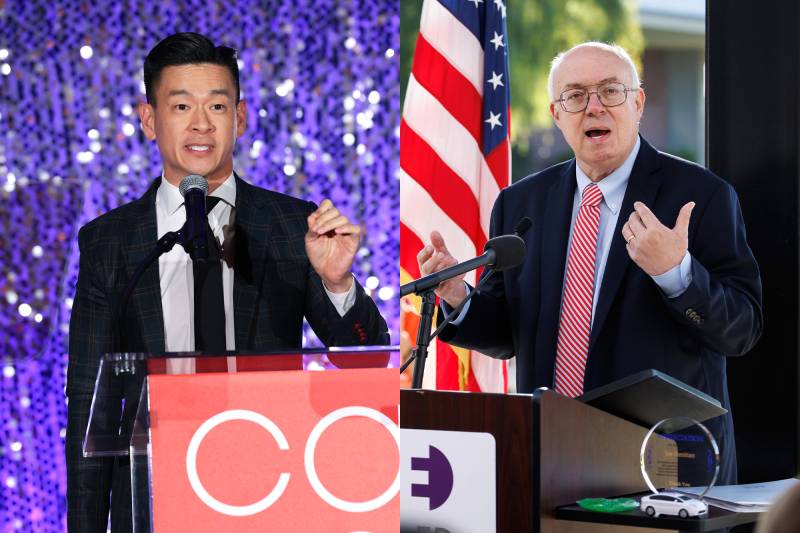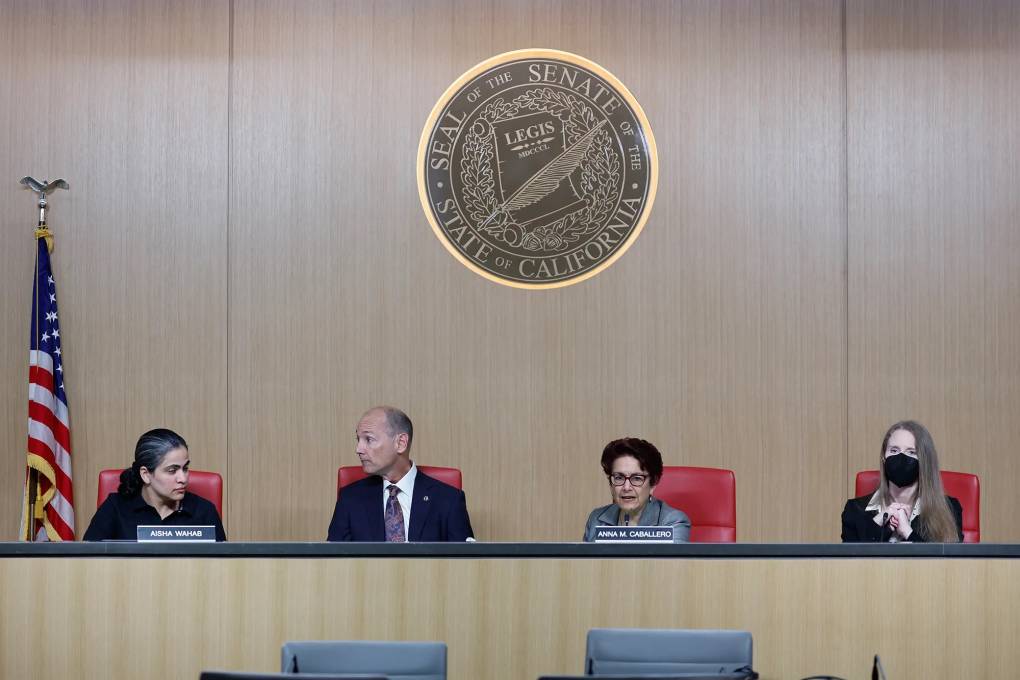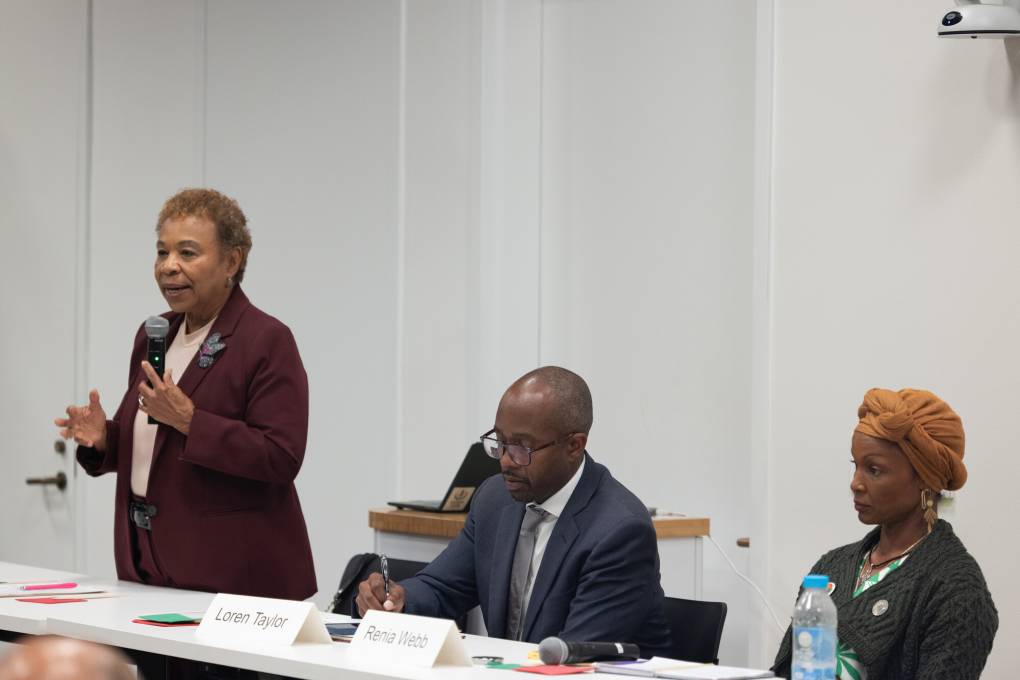After nearly a month of ballot counting, the primary election in a closely-watched Silicon Valley House seat has ended with an extraordinary result: Assemblymember Evan Low and Santa Clara County Supervisor Joe Simitian are tied for second place.
The rare deadlock means both Low and Simitian will likely advance to the November election to face fellow Democrat Sam Liccardo, the former San José mayor who finished first in the primary.
A three-way general election in the 16th Congressional District adds a new layer of uncertainty in the race to succeed outgoing Congressmember Anna Eshoo, who is not running for another term after 32 years in the House.



